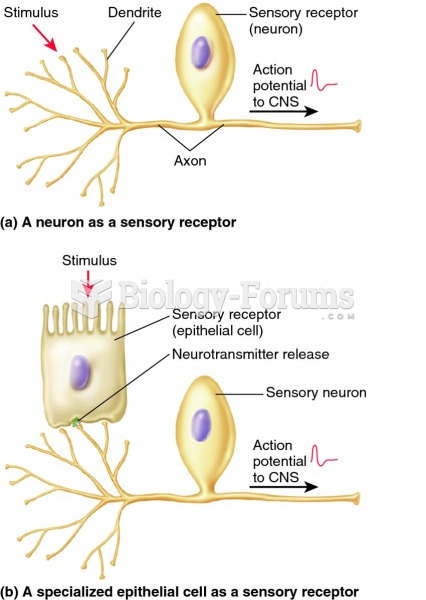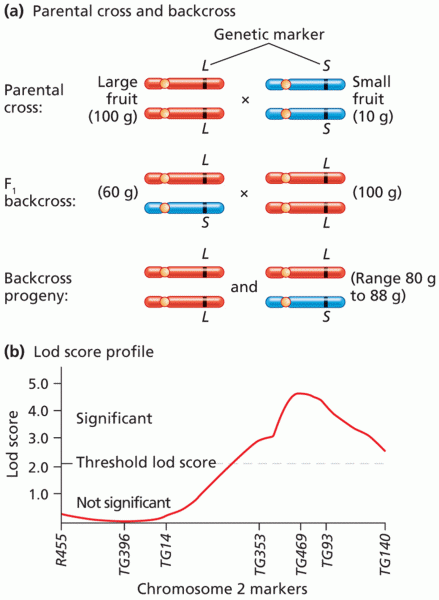|
|
|
Did you know?
There are more nerve cells in one human brain than there are stars in the Milky Way.
Did you know?
All adverse reactions are commonly charted in red ink in the patient's record and usually are noted on the front of the chart. Failure to follow correct documentation procedures may result in malpractice lawsuits.
Did you know?
In 1864, the first barbiturate (barbituric acid) was synthesized.
Did you know?
Green tea is able to stop the scent of garlic or onion from causing bad breath.
Did you know?
By definition, when a medication is administered intravenously, its bioavailability is 100%.







